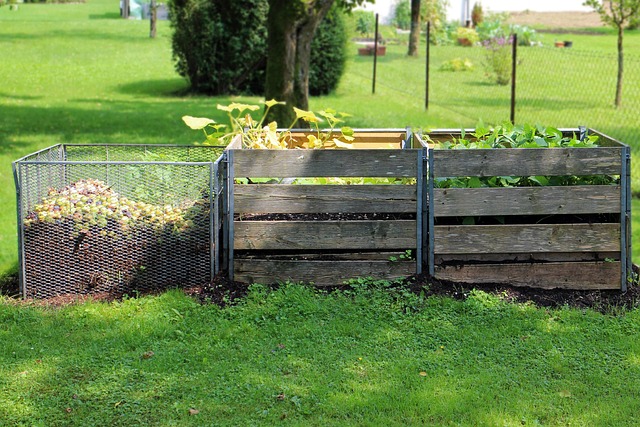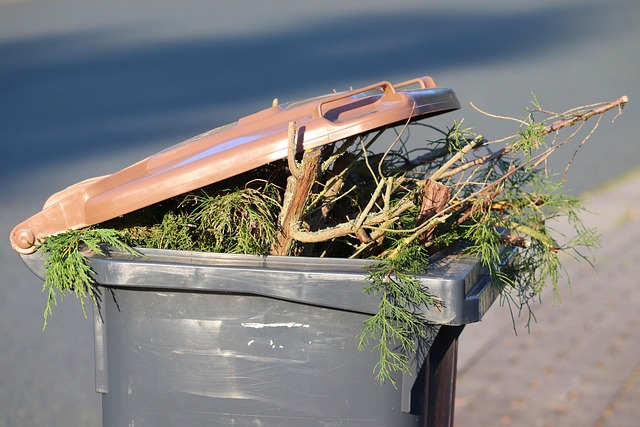Exploring the Intricacies of a Komposzt Ecosystem
When we think about compost ecosystems, what often comes to mind is a pile of organic waste, but there’s so much more to it than meets the eye. A compost ecosystem represents a fascinating interplay between nature and nurture—a vibrant community of organisms working tirelessly to recycle nutrients and create life-sustaining soil.
At its core, a compost ecosystem is a microcosm bustling with life. Microbes, fungi, and worms form the backbone of this intricate system. Each player has a unique role, contributing to the decomposition of organic matter and turning kitchen scraps, yard waste, and other materials into nutrient-rich compost. This process isn’t just about waste management; it’s a complex, harmonious cycle that reflects nature’s brilliance.
When you first start a compost pile, it might seem like chaos—a jumble of banana peels, coffee grounds, and grass clippings. However, as time goes on, a kingdom of miniature ecosystems emerges, showcasing nature’s ability to transform. Bacteria break down the materials, fungi colonize, and worms aerate and mix the pile, creating a warm, inviting environment that hastens decomposition. This collaboration demonstrates the power of interconnectedness in nature, reminding us of our role in nurturing these systems.
Each stage in the life of a compost heap provides valuable lessons in patience and observation. The early days might be marked by strong odors and an unsightly mound, but as the ecosystem begins to thrive, those smells fade and the texture transforms. This change can teach us about resilience—that beauty often emerges from messy beginnings, a sentiment we can carry into our own endeavors.
Moreover, engaging with a compost ecosystem allows us to connect with the cycle of life. It fosters a sense of responsibility toward our waste and the environment. When we actively participate in composting, we become part of something greater, contributing to sustainability and soil health. The act of watching a compost pile transform into rich, dark soil is akin to observing the miracle of life unfold before our eyes.
Whether you have a large backyard or just a small balcony, the allure of composting lies in its accessibility. It invites anyone to become a gardener, regardless of experience. The enthusiasm sparked by turning scraps into compost invites us to reflect on our food choices and their impact on our surroundings. We start to recognize that every piece of organic matter has the potential for rebirth in the soil, enhancing our connection to the natural world.
As we explore the intricacies of a compost ecosystem, let us embrace the beauty in the cycle of decomposition. It’s not merely a means to an end; it’s a journey filled with drama, triumph, and transformation—a gentle reminder of how interconnected we all are within the vast tapestry of life. So, allow yourself to dive into this enriching experience and discover the abundant treasures that a compost ecosystem can offer.


